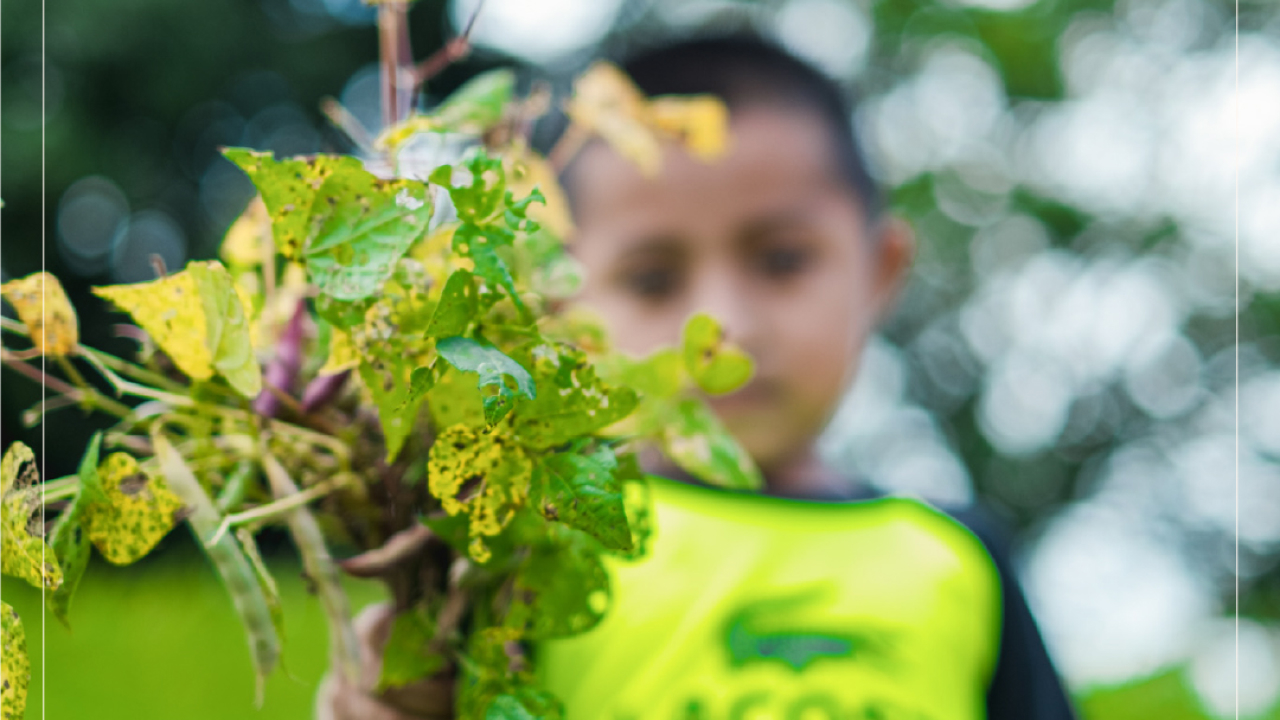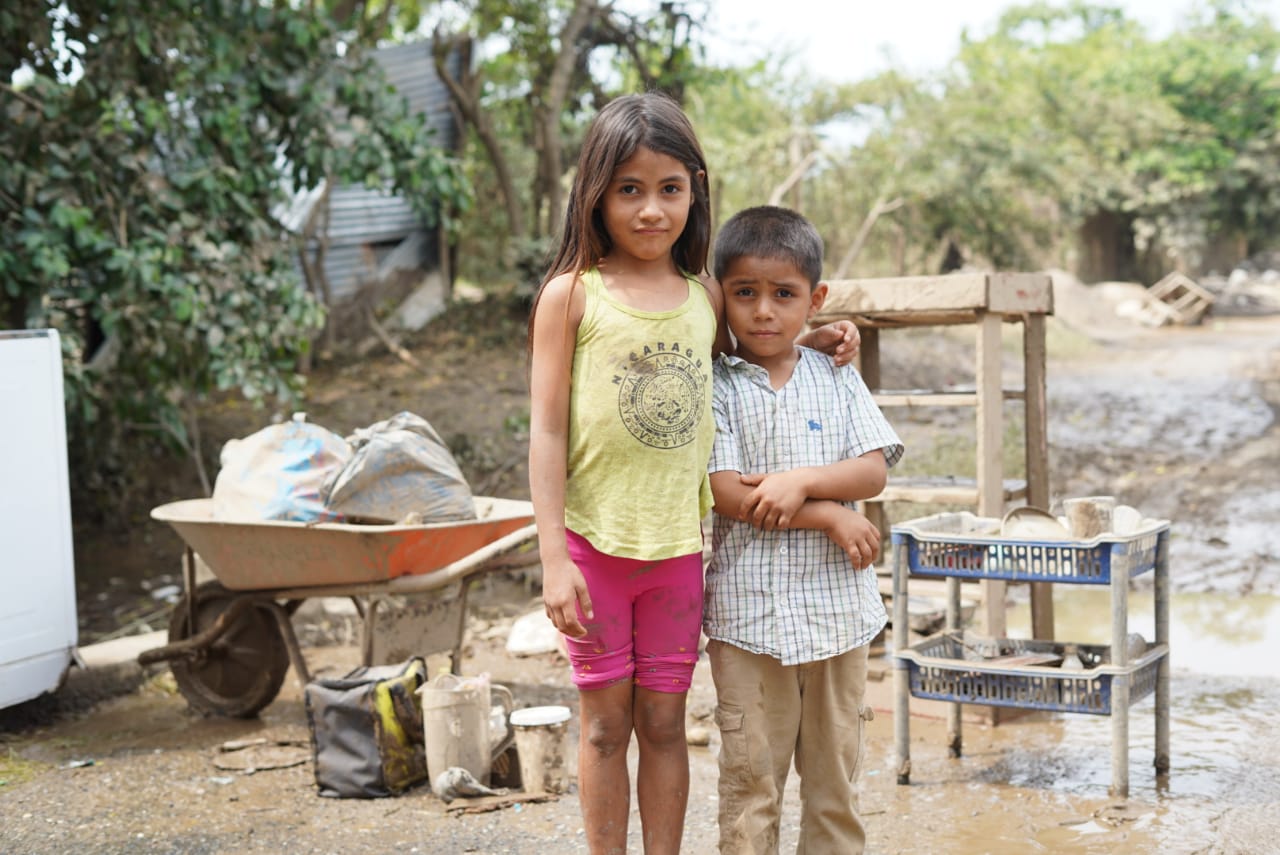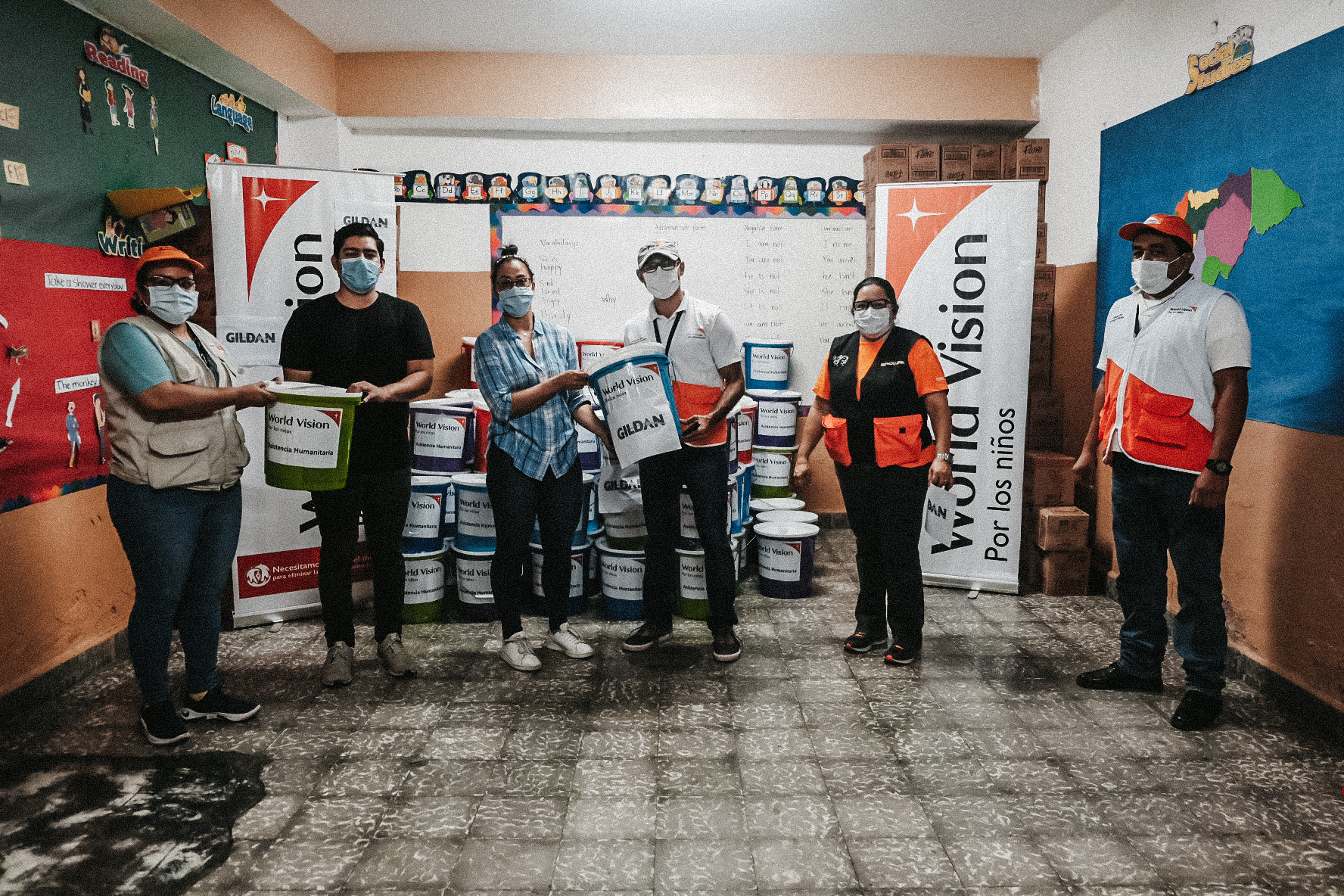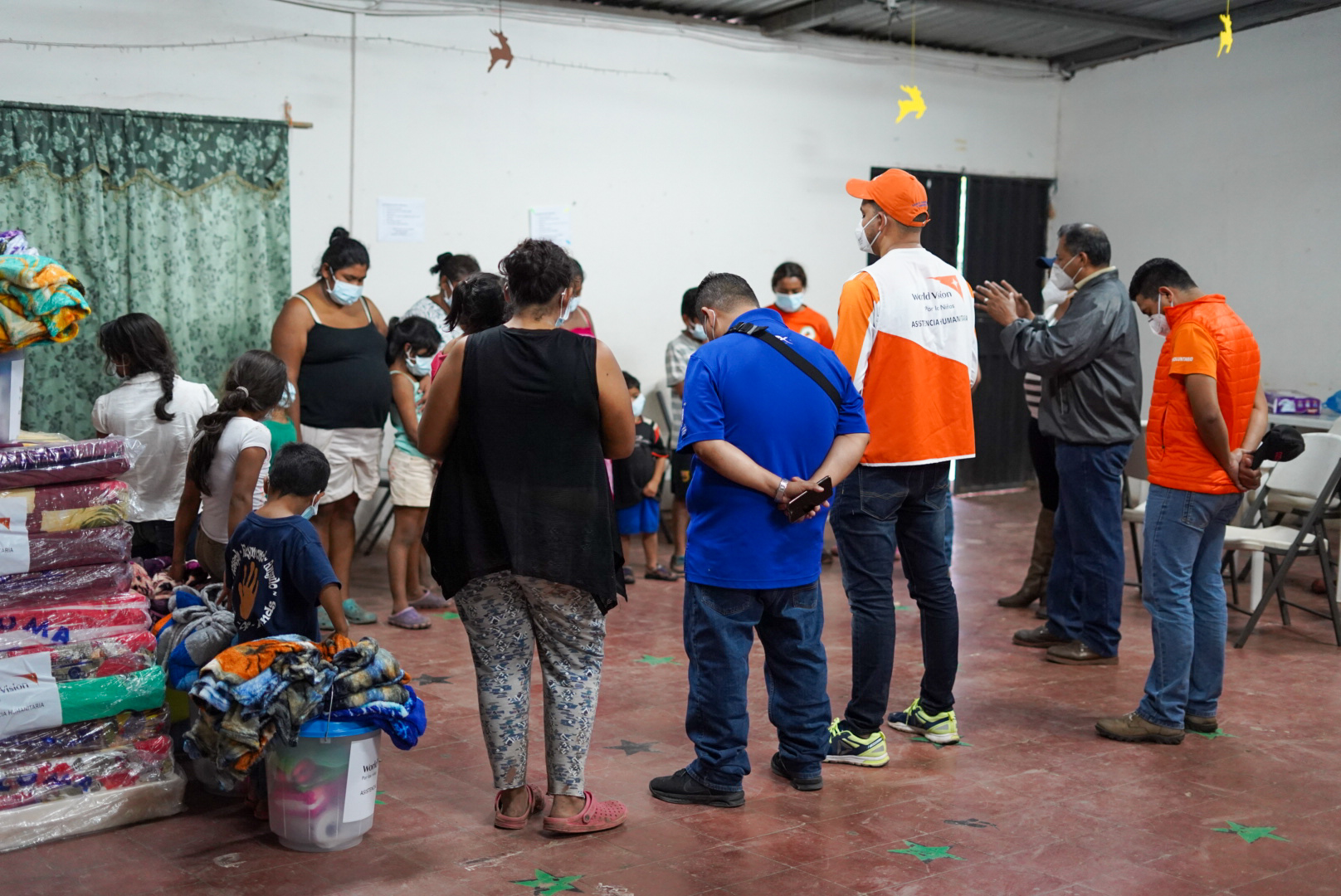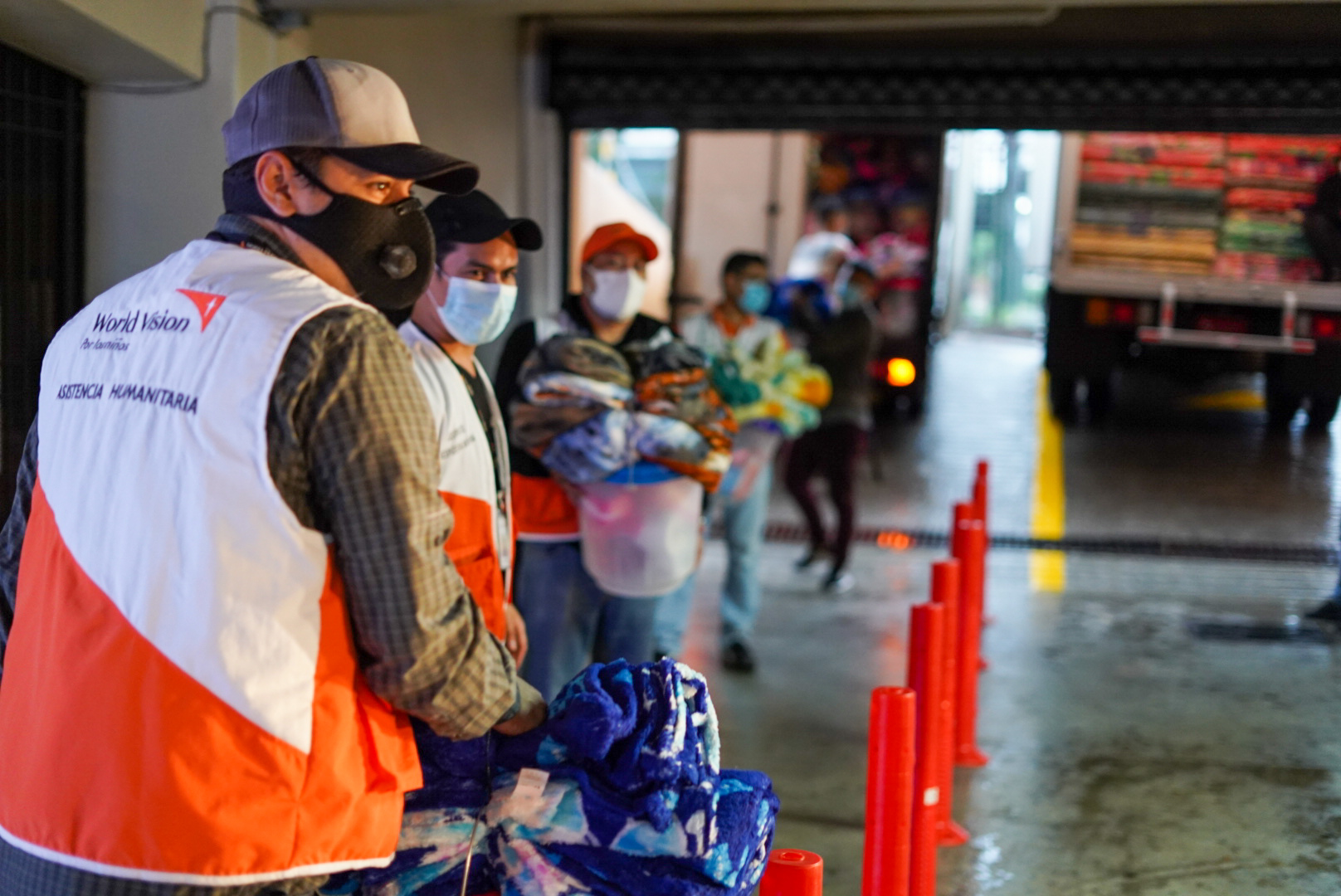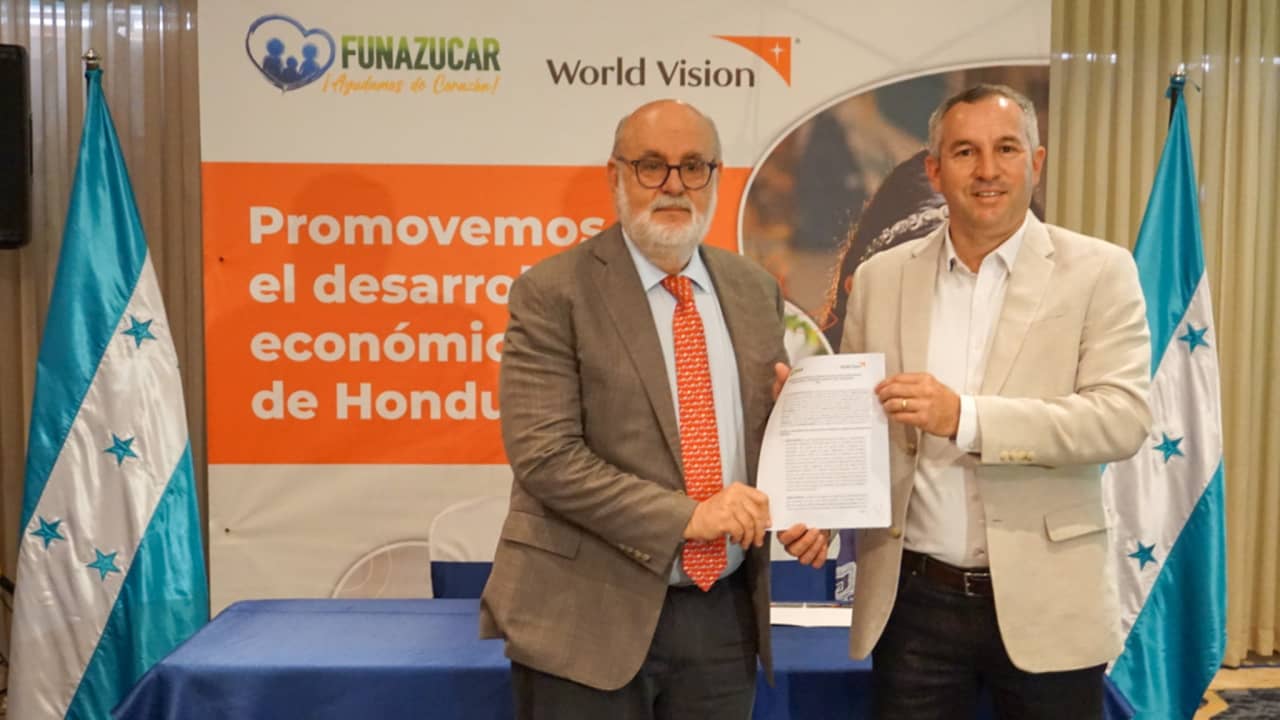El Salvador, Guatemala, Honduras, Nicaragua and Mexico agreed to mobilize at least $100 million and ...
Copán Ruinas, Honduras-. Leaders and technical team of World Vision's CA4 Subregion and Mexico agreed on the COPAN DECLARATION, through which they sealed the commitment to green the Central American Dry Corridor by 2030 and impact the lives of at least 10 million people living throughout the area.
The declaration was agreed at the Climate Action Summit in Copán Ruinas, Honduras, May 22-26. The goal was to establish a joint strategy to address climate issues in the Dry Corridor, a geographic area that crosses the five countries.
The initiative arose after realizing that the Dry Corridor has a population of at least 22 million inhabitants along 1,600 kilometers, who, due to climate variation, are vulnerable to food insecurity, low agricultural yields, prolonged drought seasons, forest fires, population density, migration, and challenges in accessing water resources, among others.
Among the actions included in the COPAN DECLARATORY, the dream of Greening the Dry Corridor by 2030 stands out, which will add to the one billion hectares projected to be restored by the World Vision Fellowship in its new commitment to Climate Action.
Jorge Galeano, Binational Director of World Vision Honduras y Guatemala, said with optimism that this is a sample of the passion and love for the same cause of the countries, which is to help the most vulnerable children of Central America and Mexico, "we are believing God because we know that this is a great challenge and with this attempt we will demonstrate to the world that together we can do more", he said; adding that they will also require the support of private enterprise, cooperation, academia, local and national governments, among others, to achieve it.
World Vision identified that close to 200 thousand children are sponsored by the organization in this corridor and for them the summit concluded with the COPAN DECLARATION, a document that confirms the commitment of the organization in the five countries; Guatemala, Honduras, El Salvador, Nicaragua and Mexico, to impact the lives of at least 10 million inhabitants.
Among the techniques discussed, Daniel Wordsworth, CEO of World Vision Australia, presented Farmer Managed Natural Regeneration (FMNR), which seeks the natural regeneration of the land. Buck Bradshaw, director for program quality and impact food, security and livelihood, WVUS, shared the proposed White Paper Overview, which aims to inform public and private donors about climate change response funding priorities and attract interest in investing funds in climate action through his office.
Yukiko Yamada, Technical Director of Environment and Climate Action of the Global Center, for her part, was pleased with the results of the day, and emphasized that the most important thing is that the children receive the best. Yukiko committed to be a spokesperson for this initiative and believes that the management of 100 million dollars is feasible to fulfill the dream.
The event was also attended by Joao Diniz, Regional Director of World Vision LACRO; Eilidh MacDonald, from the Australian Support Office; Michael Messenger, CEO of World Vision Canada; Jason Garrett, from the UK Support Office and Susana Oliver, from the Spanish Support Office.
World Vision is an international Christian organization focused on the most vulnerable children, with a presence in almost 100 countries, working in community development programs, emergencies, humanitarian aid and the promotion of justice.
For more information contact:
Mishelle Mitchell Bernard
Regional Director of External Engagement, Advocacy & Comms World Vision Latin America and the Caribbean
mobile: mobile: +506 88175727 | email: mishelle_mitchell@wvi.org
